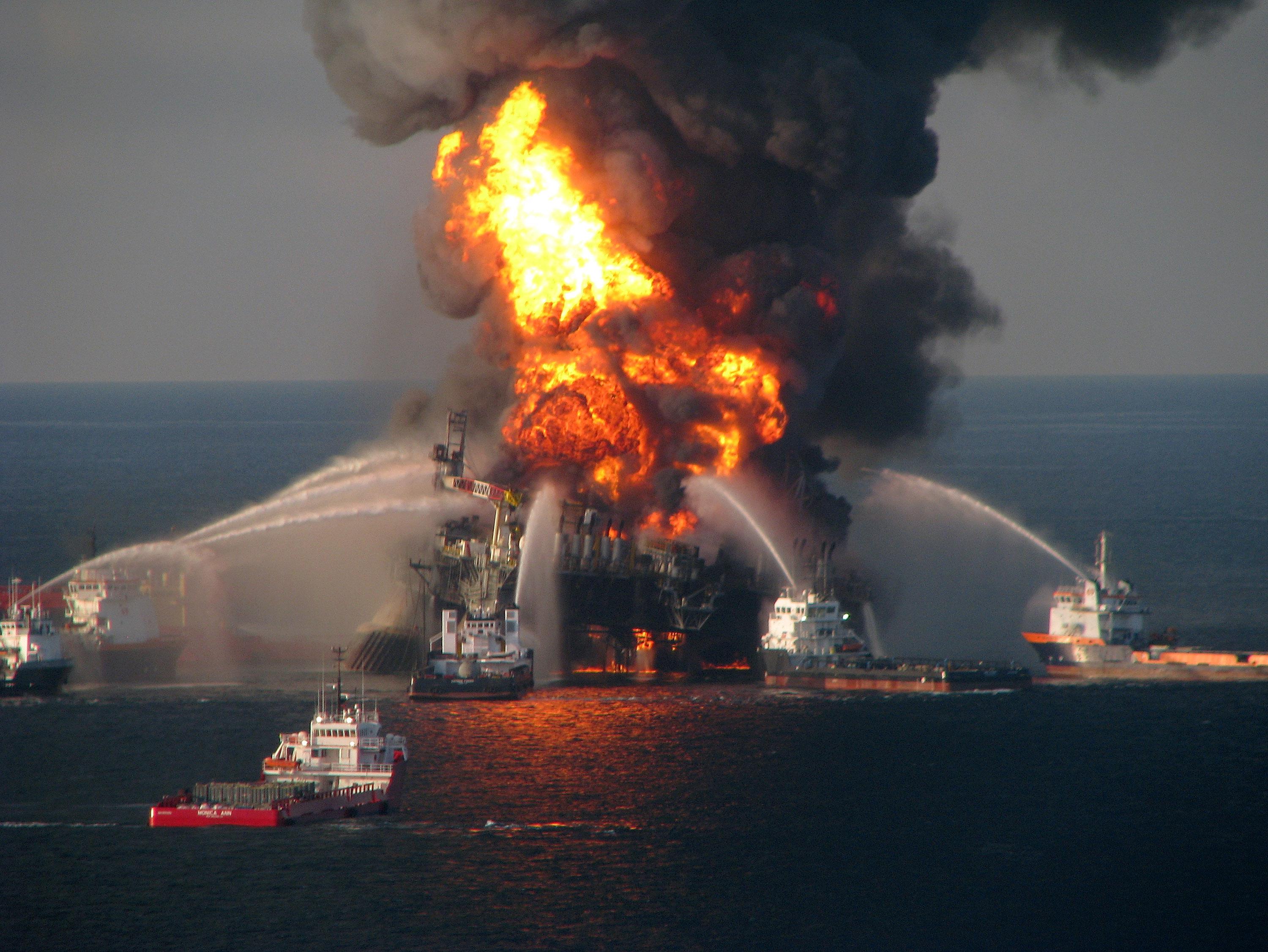BP has struck a plea deal with the U.S. government over the 2010 Deepwater Horizon explosion and the massive, months-long oil spill that followed. Under the agreement, the oil giant will reportedly pay nearly $1.3 billion in criminal fines—a figure that makes it the largest such penalty ever—along with another $3.2 billion divvied up between several other government entities, including the National Fish and Wildlife Foundation and the Securities and Exchange Commission.
The settlement will be spread out over five years. Of course, the London-based company won’t have to go looking too far to find the cash to pay it off. The company reported a net profit of about $5.5 billion in the third quarter of this year alone.
[FYI: The previous corporate criminal penalty record-holder was the $1.2 billion fine the Justice Department handed out to drug maker Pfizer in 2009.]
More details are expected later today at a press conference formally announcing the settlement, but the Associated Press reports that, along with the 10-figure fine, the oil giant will also plead guilty to felony counts related to the 11 deaths that resulted from the rig explosion:
The charges BP will plead guilty to include 11 felony counts of misconduct or neglect of ships officers, one felony count of obstruction of Congress and one misdemeanor count each under the Migratory Bird Treaty Act and the Clean Water Act. The 11 counts related to the workers’ deaths are under a provision of the Seaman’s Manslaughter Act. The obstruction charge is for lying to Congress about how much oil was pouring out of the ruptured well.
The issue of rig and drilling safety has largely disappeared from the national debate about energy production, a topic that itself was swallowed whole by the campaign debate over job creation. But it’s important to remember that in the immediate wake of the oil spill, the outcry over the Gulf spill was so great that environmentalists and their like-minded allies in Washington thought they could harness the demand for stricter drilling regulations to pass sweeping climate legislation that would curb the nation’s demand for oil and gas and boost the development of renewable energy. That effort, obviously, fell short.
